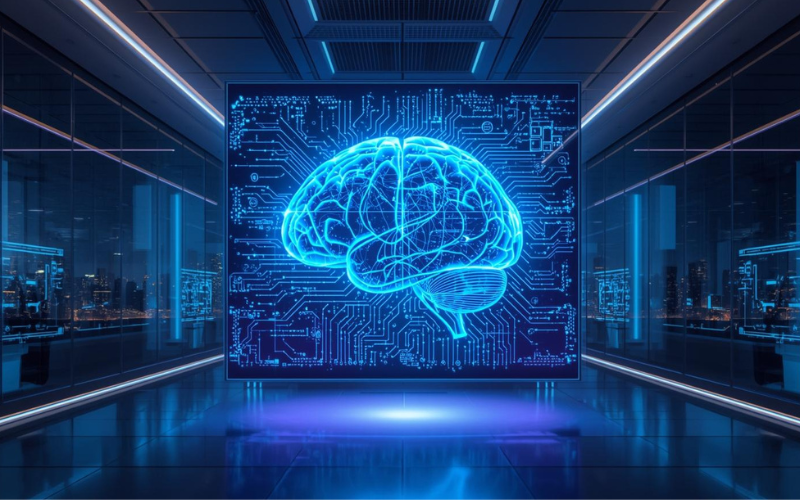Introduction: Machine Learning Transforming Healthcare
Machine learning (ML) is one of the most transformative forces in medical technology today. By analysing vast datasets, ML enables faster, more accurate diagnoses, tailored treatment plans, and streamlined healthcare operations. This article explores the diverse applications of ML across med-tech and its potential to revolutionise patient care worldwide.
1. ML in Medical Imaging and Diagnostics
ML algorithms are enhancing diagnostic accuracy and efficiency:
ML algorithms are enhancing diagnostic accuracy and efficiency:
- Image Analysis: ML identifies tumors, fractures, and micro-anomalies in X-rays, MRIs, and CT scans.
- Disease Progression Prediction: Algorithms estimate the trajectory of conditions like cancer and neurodegenerative disorders.
- Screening Support: Automating image interpretation reduces radiologist workload and speeds up diagnostics.
2. ML in Personalised Medicine and Genomics
Data-Driven, Patient-Specific Therapies
ML is revolutionising precision medicine by:
- Identifying Genetic Markers: Algorithms detect mutations linked to various diseases.
- Predicting Treatment Outcomes: ML forecasts how patients will respond to specific drugs.
- Designing Targeted Therapies: Insights guide the development of personalised treatment protocols.
3. ML in Drug Discovery and Development
Accelerating Innovation with Predictive Modelling
ML streamlines drug development by:
- Evaluating Compound Potential: Algorithms assess molecular properties to prioritize drug candidates.
- Reducing Testing Costs: Virtual simulations replace many in-lab tests.
- Enhancing Clinical Trials: ML optimises trial design and patient selection.
4. ML in Remote Monitoring and Telehealth
Enhancing Access, Safety and Continuity of Care
ML plays a pivotal role in remote healthcare delivery:
- Wearable Data Analysis: Monitors vitals like heart rate and blood pressure to detect abnormalities.
- Early Warning Alerts: Identifies risk patterns to enable proactive interventions.
- Telehealth Optimisation: Powers virtual triage systems and virtual assistants.
5. ML in Hospital Operations and Resource Optimisation
Boosting Efficiency Across the Healthcare Ecosystem
ML supports smart hospital management through:
- Predictive Staffing Models: Anticipates patient influx to optimize schedules and reduce wait times.
- Proactive Equipment Maintenance: Detects wear and predicts downtime.
- Supply Chain Optimisation: Ensures availability of critical resources while minimising waste.ical disinfection.
6. Challenges and Future Opportunities for ML in Med-Tech
Navigating Implementation Barriers
- Data Security: Safeguarding sensitive patient data is paramount.
- Regulatory Compliance: ML-based tools must meet stringent standards.
- Algorithmic Bias: Developers must ensure training data is diverse and equitable.
Emerging Frontiers
- Real-Time Clinical Support: ML will increasingly aid physicians at the point of care.
- Global Health Applications: AI-powered tools can bridge healthcare gaps in underserved regions.
- ML-Enhanced Robotics: Combining ML with robotics boosts precision and adaptability in surgery.
Conclusion: Unlocking the Potential of Machine Learning in Med-Tech
Machine learning is reshaping healthcare by enabling faster diagnoses, customised treatments, and operational efficiency. As it matures, ML will continue to improve patient outcomes, lower costs and create a more equitable global healthcare system.





